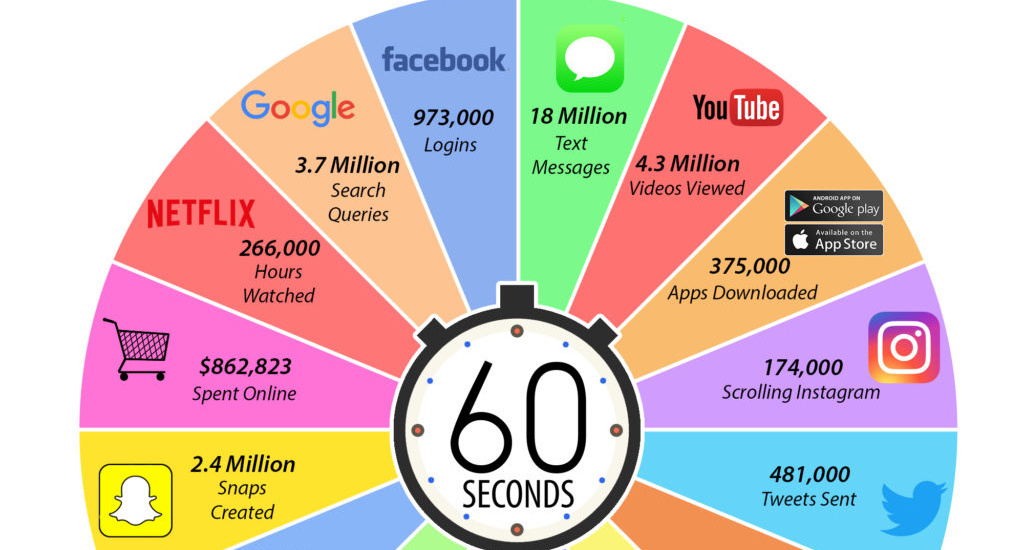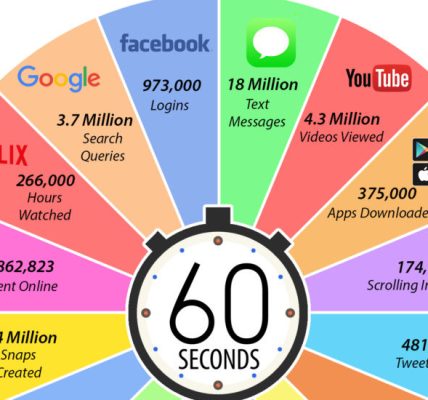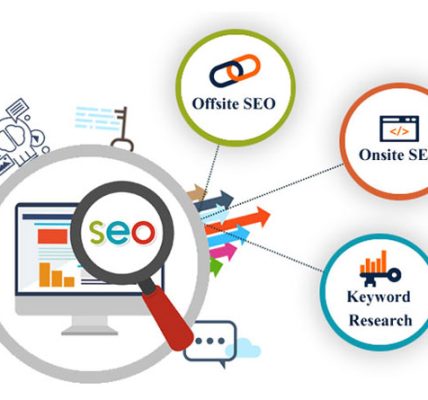I’m sure you’ve heard of the saying, “A picture is worth a thousand words.” Well, if that’s true then imagine how much information you can store in an image. For example, think about this: When you take a photo with your phone, it stores several details about that image such as where it was taken and when. You could even share this information with others if you wanted to keep track of all the places where you’ve been.
But what if there was an even better way to organize this data? And what if it could help reduce stress by letting some items go? This is why mortgage brokers and lenders should invest in mortgage CRM software.
Arrange files and documents
Not only can a mortgage CRM help you keep track of your client files, but it can also help you manage all the documents related to each file. By storing all the files and documents in one place, such as an online database, you have access to them from anywhere and on any device. This makes it easy for you to send out important files when necessary. And if there are any questions about the contents of a file or document, all they need to do is look up its location in the database using their computer or phone.
The new buyer
A new buyer is entering the market, and they want to buy a home. But their demands are unlike any other generation before them. They’re not just looking for good credit or a decent down payment—they want all of this plus personalized outreach from lenders who know exactly what they need to get approved and close on their purchase quickly.
If you’re struggling to keep up with your competitor’s sales numbers, don’t worry—you’re not alone. Many lenders have struggled with the same problem over the years as millennials have flooded into housing markets across the country. However, there’s good news: If you’re willing to invest in CRM software, this challenge could become your greatest opportunity yet.
Reaching out to clients
Generally, it’s best to start with the clients who have been with you the longest. That way, you’ll have time to get in a few initial contacts with them before their next scheduled event is due. Some businesses will choose to reach out only to those who have been active in the last year or two. Others may decide that it makes more sense to reach out to all their clients every year. And with a good mortgage CRM, it’ll be a swift follow-up process to get in touch with your clients.
You have to know who is calling
Knowing who is calling is important for a few reasons: it helps you keep track of your leads and contacts, which means your team can focus on closing deals instead of fumbling around with data entry; it allows you to set up more personalized follow-up campaigns; it helps give you an edge over the competition by showing that you care about each prospect’s unique needs and circumstances.
Get in touch with your leads
One of the best ways to get in touch with your leads is through email, and a CRM can help you do this. You can use it to send out emails that are personalized to each customer. This means that you’ll be able to create unique content for each lead, which will make them feel more special and increase their engagement with your brand.
You can also use your CRM for SMS messaging, which is another great way of staying in touch with potential customers who have given you their mobile numbers. In addition, you could also send social media messages via Facebook Messenger or Twitter Direct Messages (DMs). These platforms allow users to chat directly with businesses they like while still being able to see what they’ve been up to on other apps or websites when they’re not chatting with businesses.
Conclusion
As you can see, a mortgage CRM system is one of the most valuable investments you can make for your business. Not only will it help you stay organized and understand who your customers are, but it will also allow you to communicate with them more effectively and easily than ever before. What’s more, because these systems are so customizable, they’ll work perfectly in any industry related to mortgages.




